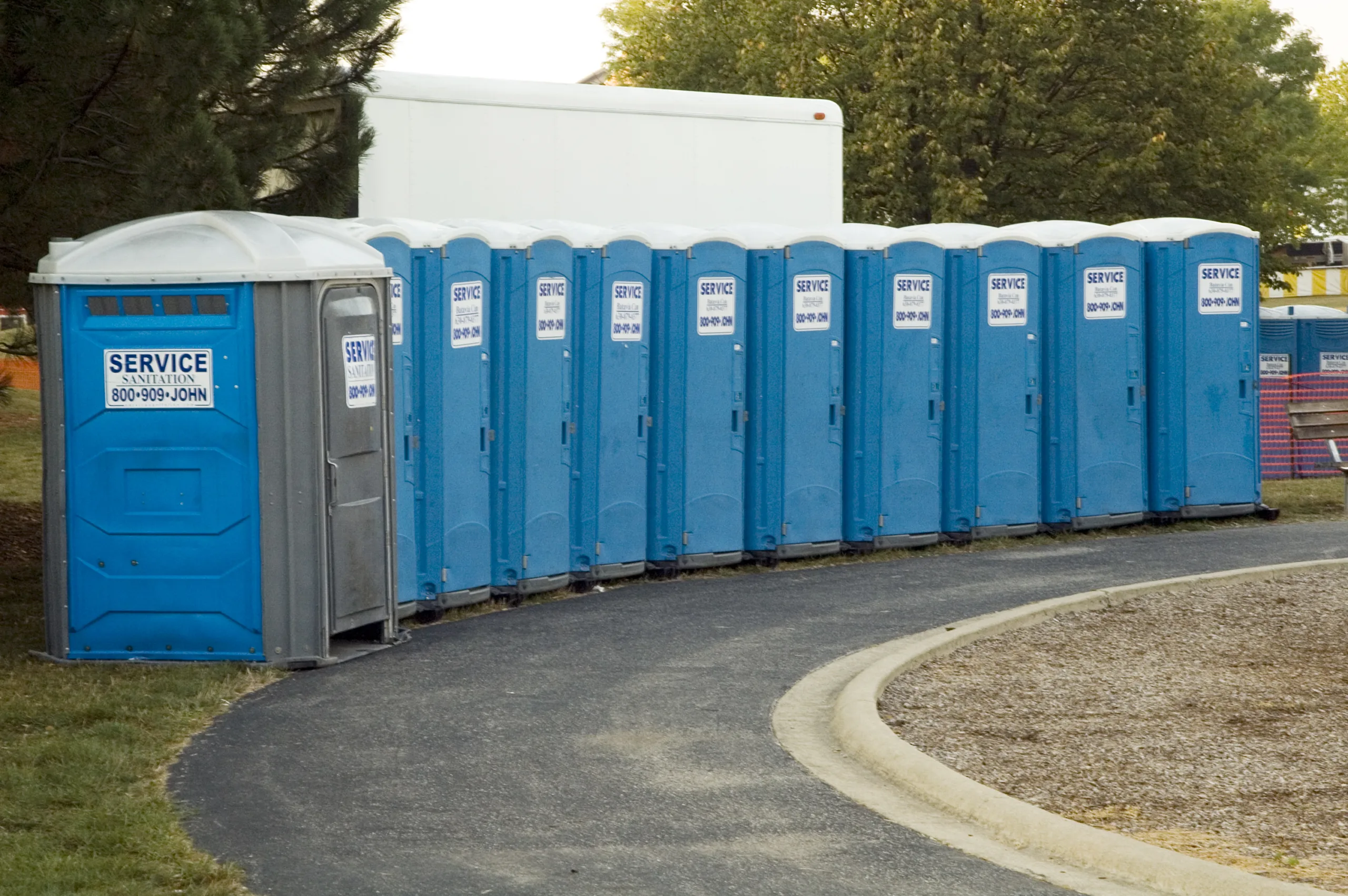- Florida will eliminate the sales tax on commercial real estate (CRE) rents starting October 1, ending a more-than-50-year policy.
- The removal is expected to save tenants—especially large corporations—millions and fuel further population and business migration to Florida.
- The tax cut enhances Florida’s appeal as the only US state that had imposed such a tax, potentially driving growth in office, industrial, and retail sectors.
- Experts warn, however, that infrastructure and land constraints could limit future development if migration continues at its current pace.
A First in the Nation: Florida Ends Commercial Rent Tax
For over five decades, businesses leasing commercial space in Florida have paid a state sales tax—at times up to 6%—on their monthly rent. That’s set to change this fall, according to GlobeSt. Governor Ron DeSantis recently signed legislation to phase out the tax, with the change taking effect October 1.
Big Savings for Big Tenants
The removal of the tax could deliver substantial savings. Jonathan Kingsley, vice chairman at Colliers, noted that some tenants could save millions, allowing them to redirect capital toward growth or reinvestment in real estate.
“It’s rare when a policy shift benefits tenants more than the burden it replaced,” said Kingsley, adding that large companies stand to benefit most.
Get Smarter about what matters in CRE
Stay ahead of trends in commercial real estate with CRE Daily – the free newsletter delivering everything you need to start your day in just 5-minutes
A Competitive Edge Gets Sharper
Florida has long marketed itself as a business-friendly destination. Eliminating the tax on CRE rents further strengthens its appeal—especially since no other state charged a similar tax. Kingsley said the move could sustain Florida’s post-pandemic population and business boom, particularly from the Northeast, Midwest, and California.
He expects the change to positively impact several asset classes. “Office, industrial, and retail all stand to benefit. Industrial supports goods movement, retail sells them, and office space manages it all,” he said.
Challenges Ahead: Infrastructure and Land Supply
Despite the positive outlook, growth could be constrained. Florida faces limitations in both land availability and supporting infrastructure.
“There’s not enough land to match the scale of demand, and we’re falling behind in building the infrastructure—roads, schools, transit—to support it,” Kingsley warned.
He also noted that the housing supply, particularly single-family homes, is tight. As a result, multifamily housing is seeing increased demand.
CRE Market Outlook: Robust but Watchful
The return-to-office movement is also lifting Florida’s office market. Increased occupancy and rising rents are strengthening the overall CRE environment. Still, questions remain about how Florida will replace the lost tax revenue.
Whether it’s made up through economic expansion or other fiscal strategies remains unclear. But for now, the CRE market—and its tenants—are poised to benefit.

















